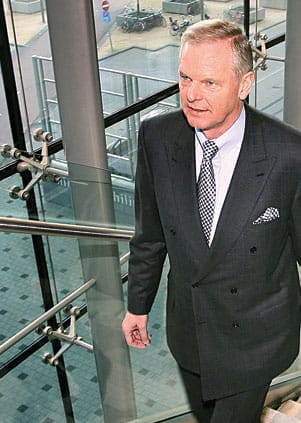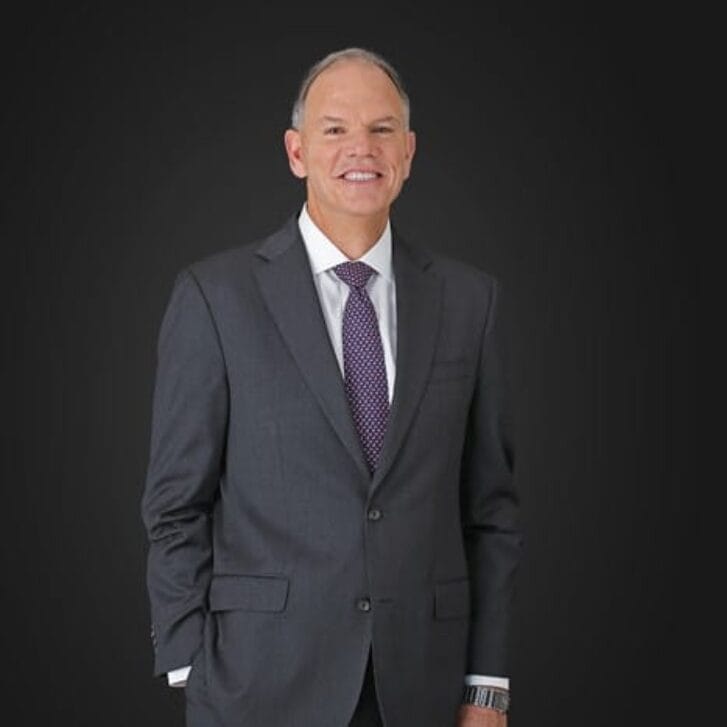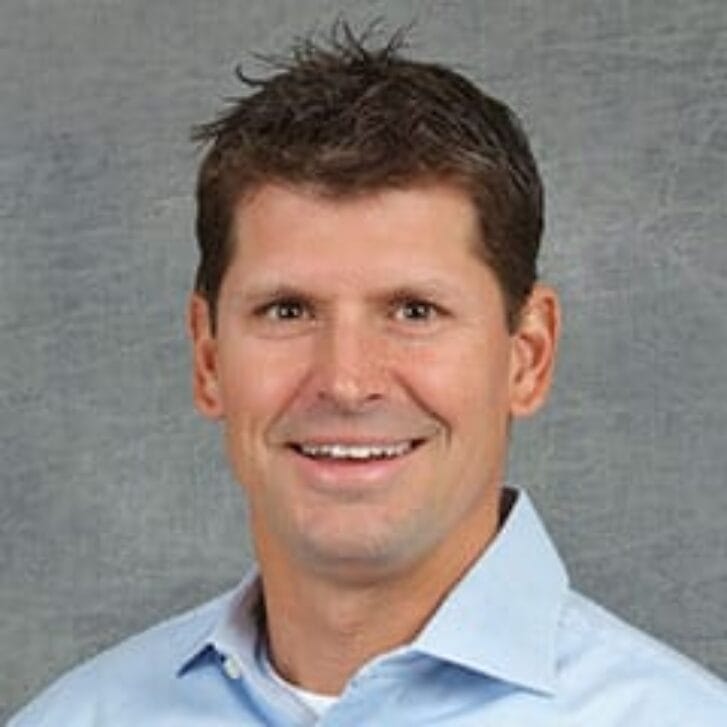 In an era of risk-takers, Gerard Kleisterlee’s way to success was being steadfast and forthright, clinging to the principles that have made Royal Philips Electronics a market leader over the long run. But in 2006, he made headlines for selling off his company’s second-most profitable arm to institute a stock buyback. For this bold move back to basics, Fortune named him Europe Businessman of the Year.When Kleisterlee became CEO of Philips in 2001, the company had receded in influence. It had made its reputation in the early 20th century as a maker of quality light bulbs, but had branched out into other electronics — semi-conductors, radios, televisions, cassette recorders.
In an era of risk-takers, Gerard Kleisterlee’s way to success was being steadfast and forthright, clinging to the principles that have made Royal Philips Electronics a market leader over the long run. But in 2006, he made headlines for selling off his company’s second-most profitable arm to institute a stock buyback. For this bold move back to basics, Fortune named him Europe Businessman of the Year.When Kleisterlee became CEO of Philips in 2001, the company had receded in influence. It had made its reputation in the early 20th century as a maker of quality light bulbs, but had branched out into other electronics — semi-conductors, radios, televisions, cassette recorders.
Despite Philips innovations like the co-development of the CD player, Asian firms had caught up and even passed it. It had once employed 400,000 people. Now it was down to about 160,000. Into that breech strode Kleisterlee, with a long history of the Philips culture and a knack for moving people forward. He had started at Philips straight from college in 1974, and as chairman took the company back to its heritage.
Where some large European technologically oriented manufacturers, like Thomson, Grundig, and Telefunken, withered before the Asian crush, Philips, under Kleisterlee’s slow-growth approach, prospered. It went into fast-growing businesses like medical products, and continued its lighting and small-appliance divisions.
In 2006 he realized that Philips semiconductor business (which he once called “the heart of the company”) didn’t fit his vision for the company. So he sold it off for $10 billion and used the proceeds for a stock buyback. He reorganized the unwieldy conglomerate into four easy-to-understand units — medical, lighting, consumer electronics, and domestic appliances. Philips was back on track, and investors cheered.
Working hard and going back to basics is Kleisterlee’s message in how to survive while other old-line firms died. As he once told the London Sunday Telegraph, he doesn’t model himself after outrageous business heroes, only calm, spiritual ones. “Ghandi, the Dalai Lama—people who take a position and show leadership and do difficult things. They really lead, but they’re also humble.”

























